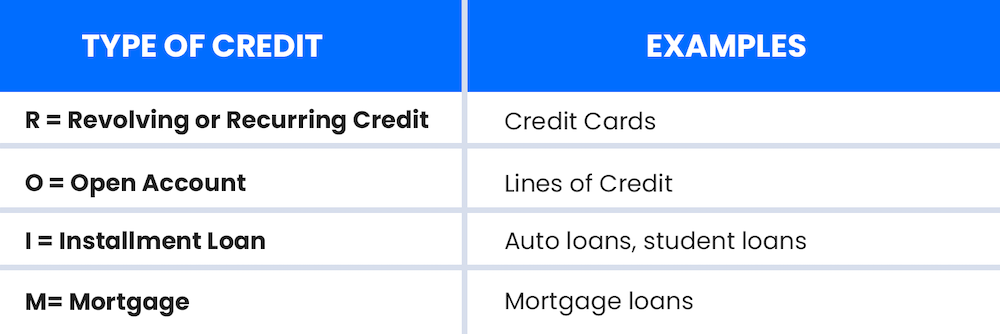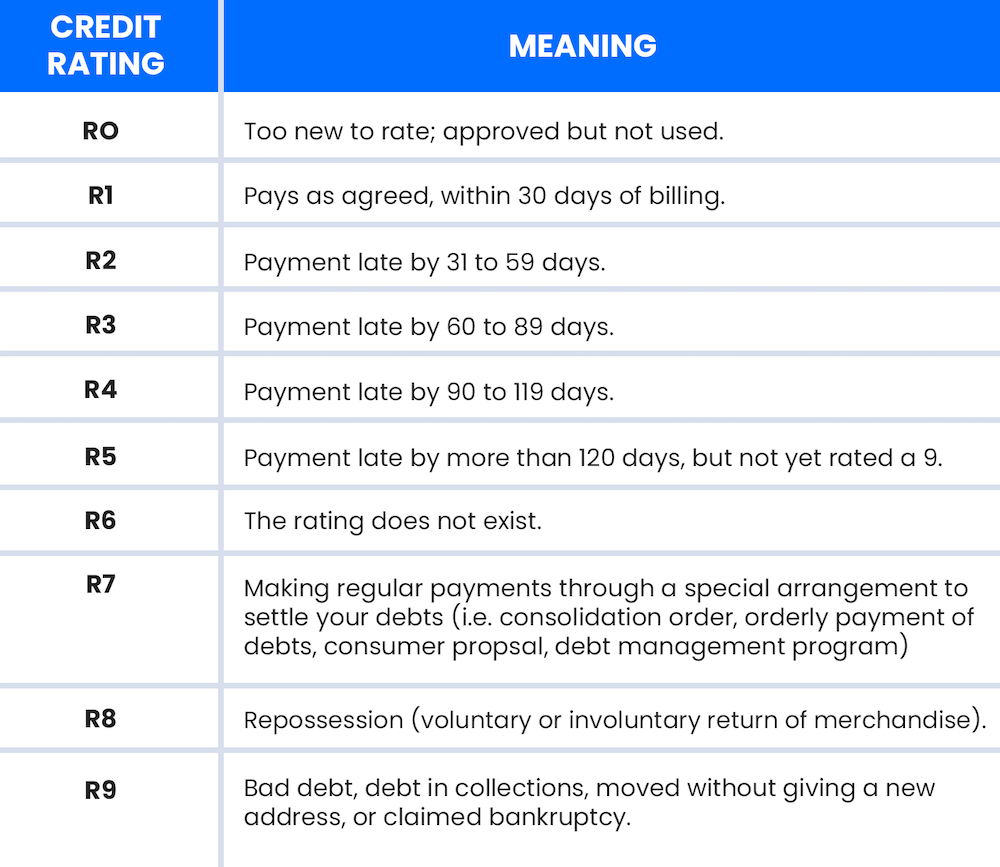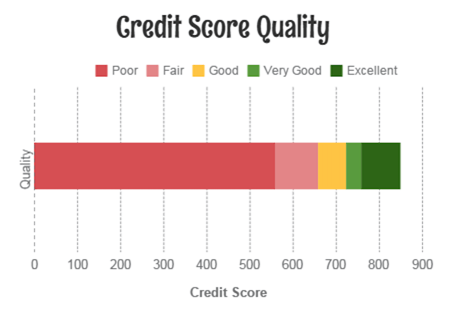
- Who We Are
- Debt Relief
- Education
- Resources
- Tips
- Budgeting For Newcomers: Your Path to a Secure Financial Future
- Building Credit From the Ground Up: A Program for Newcomers
- Moolala Podcasts
- How To Improve Your Credit Score
- How To Be Debt-Free
- Beware of Debt Settlement Services
- How To Stop Collection Calls
- How To Create A Monthly Budget
- Your Financial Readiness Kit: How to Plan for Uncertain Times
- Tools & Calculators
- COVID-19 Resources
- Employee Financial Wellness
- Tips
- Blog
- Contact Us
- Contact Us
- Call Us At: 1 (800) 267-2272



